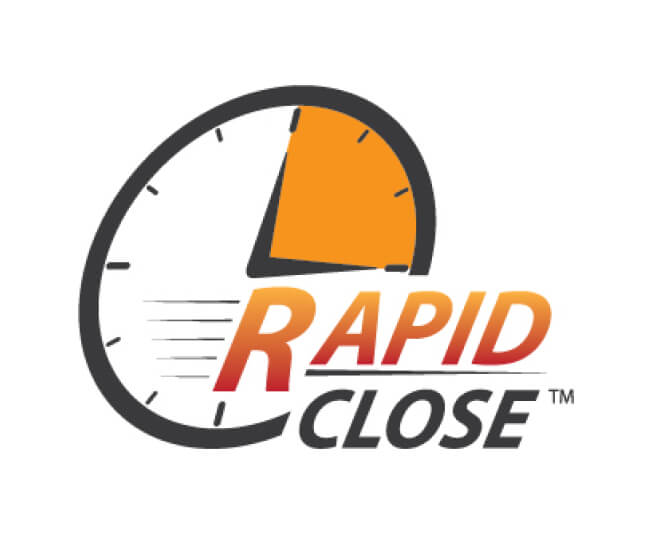Back to Mortgage 101
Understanding your credit score
Unsure of what you need to obtain financing for your mortgage? Find out everything you need to know below.

Payment History
35% Payment History If you make your monthly payments on time, your credit score may rise. Late payments can damage your credit
Length of
credit history
credit history
15% Length of Credit History The longer you can show the history of being a responsible account holder, the stronger the positive impact it will have on your credit score.
Types of credit
10% Types of Credit It is beneficial to have a mix of account types under your name, including revolving (credit card), installment (auto, student loans, etc.), and mortgage accounts.
Amounts owed
30% Amounts Owed It’s best to keep balances at or below 30% of what’s available on your credit line. It heavily determines your credit score.
New credit
10% New Credit New credit allows you to make purchases without potentially damaging your score. Credit inquiries made within 30 days of score requests are ignored when mortgage shopping
Example Monthly Payment:
Find out what your monthly payment will be - including applicable finance charges, PMI, hazard insurance, and property taxes.
$981.00
Outstanding debt
30% of your credit score is determined by your outstanding debt. Managing the amount you owe versus your available credit is heavily weighted in determining your credit score. For example, if you have a credit card with a limit of $1,000 and you have a balance of $998 your score will be negatively impacted. It is best to keep your balances to at or below 30% of what is available. In our example it would be at or less than a $300 balance.
Payment history
30% of your credit score is determined by your outstanding debt. Managing the amount you owe versus your available credit is heavily weighted in determining your credit score. For example, if you have a credit card with a limit of $1,000 and you have a balance of $998 your score will be negatively impacted. It is best to keep your balances to at or below 30% of what is available. In our example it would be at or less than a $300 balance.
New credit
30% of your credit score is determined by your outstanding debt. Managing the amount you owe versus your available credit is heavily weighted in determining your credit score. For example, if you have a credit card with a limit of $1,000 and you have a balance of $998 your score will be negatively impacted. It is best to keep your balances to at or below 30% of what is available. In our example it would be at or less than a $300 balance.
Types of credit
30% of your credit score is determined by your outstanding debt. Managing the amount you owe versus your available credit is heavily weighted in determining your credit score. For example, if you have a credit card with a limit of $1,000 and you have a balance of $998 your score will be negatively impacted. It is best to keep your balances to at or below 30% of what is available. In our example it would be at or less than a $300 balance.
Length of credit history
30% of your credit score is determined by your outstanding debt. Managing the amount you owe versus your available credit is heavily weighted in determining your credit score. For example, if you have a credit card with a limit of $1,000 and you have a balance of $998 your score will be negatively impacted. It is best to keep your balances to at or below 30% of what is available. In our example it would be at or less than a $300 balance.
*Source: https://www.myfico.com/credit-education
*Prosperity Home Mortgage, LLC is not a credit counselor nor offers financial advice. Not all borrowers will qualify. The information displayed is not credit advice and should not be relied upon or interpreted as such.


























